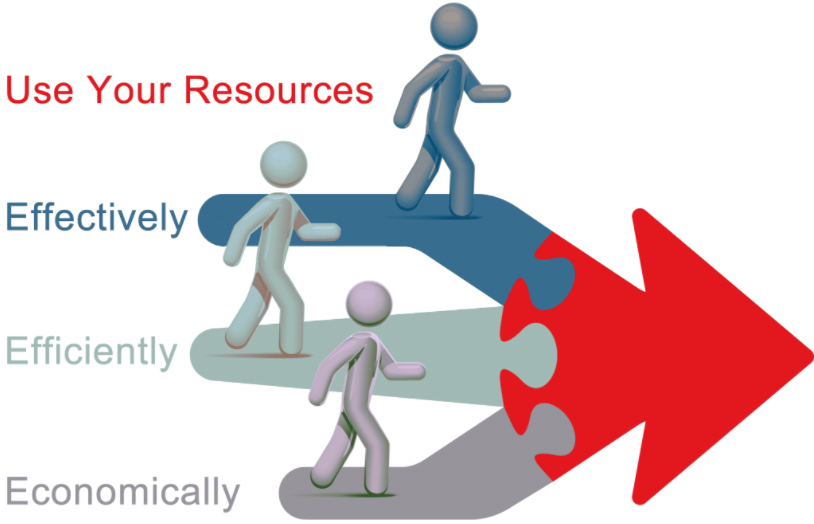Welcome to The Institute of Climate and Agriculture Reorientation (ICARe)
-
-
Mon - Sat 9:30 - 6:30, Sunday - CLOSED
10:00 AM to 06:00 PM
971 805 3213
Welcome to The Institute of Climate and Agriculture Reorientation (ICARe)
Mon - Sat 9:30 - 6:30, Sunday - CLOSED
10:00 AM to 06:00 PM
971 805 3213
 The growing demand for food is placing increasing pressure on our agricultural systems, especially in the face of climate change, resource degradation, and biodiversity loss. Over the decades, the agricultural sector has experienced cycles of growth and decline, but one of the most significant challenges today is the persistent economic instability, with farmers facing financial losses.
The growing demand for food is placing increasing pressure on our agricultural systems, especially in the face of climate change, resource degradation, and biodiversity loss. Over the decades, the agricultural sector has experienced cycles of growth and decline, but one of the most significant challenges today is the persistent economic instability, with farmers facing financial losses.
The agriculture sector is vital to the nation's economy. India's economic growth relies on efficient agricultural systems that drive the domestic market, create jobs, contribute over 4% to GDP, and employ more than 67 million people. In rural India, the condition of the farming community is dire. Despite its importance, the farming business remains a struggling one, leading to widespread poverty and making it difficult for farming communities to envision a better future. The new legislative period in India requires a rethink about the agriculture sector. To drive agriculture's economic revival, the focus must now be on stimulating agricultural growth and strengthening its domestic market.
The ICARe is leading the shift toward a circular economy in rural India by transforming farming practices. We empower young farmers with access to modern technologies, helping to develop skilled human resources that strengthen agriculture and animal husbandry. We work together to accelerate progress toward sustainable farming by building partnerships between companies, knowledge communities, and local Village Panchayats. Our focus is on driving rapid, impactful change at the village Panchayat level, offering services that address environmental issues, agro-waste management, livestock care, Biogas production, CO2 conversion, and capacity building for sustainable agriculture.
Transforming Farming Systems: A New Approach
Our goal is to bridge the gap between modern agricultural technologies and traditional farming practices. Through our initiative,
Mission Agri-Mechanization & Agro-Waste (M.A.M.A), we are introducing a smarter, more sustainable approach to farming at the Gram Panchayat level. This program follows a circular economy model, developed in response to the socio-economic challenges farmers face today.
We aim to inspire and support the farming community by encouraging their participation in high-tech agriculture ventures. By optimizing farming practices and integrating mechanization with the responsible use of agro-waste, we seek to enhance productivity while protecting natural resources and the environment.
Our focus is on providing real-time, actionable insights that enable agricultural technology companies to make informed, strategic decisions. It helps reduce the disconnect between technologies and farmers, fostering better collaboration and driving sustainable progress in the agricultural sector.